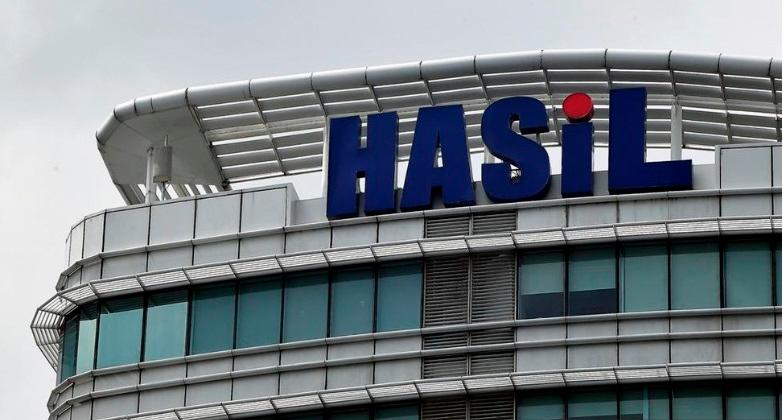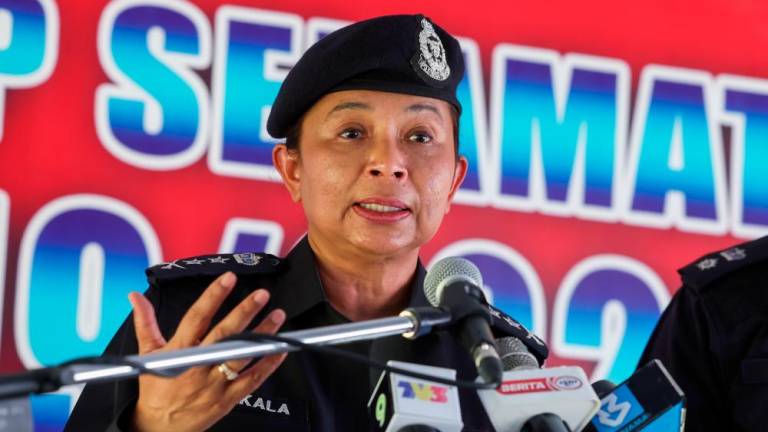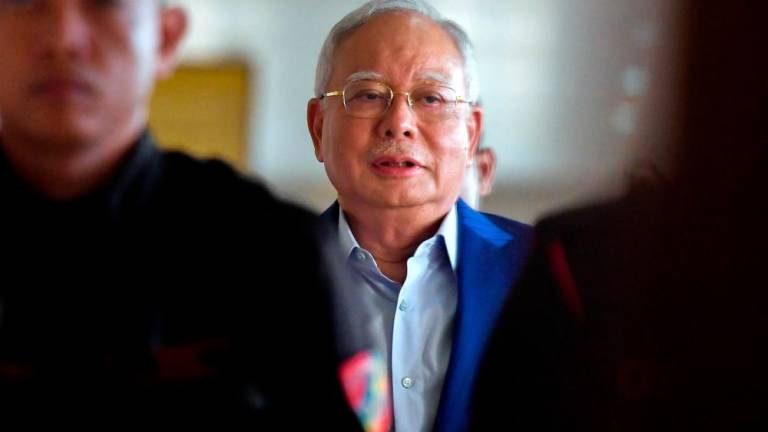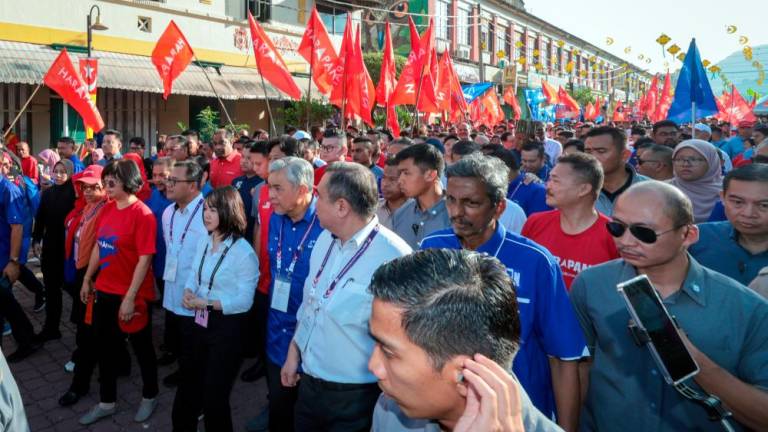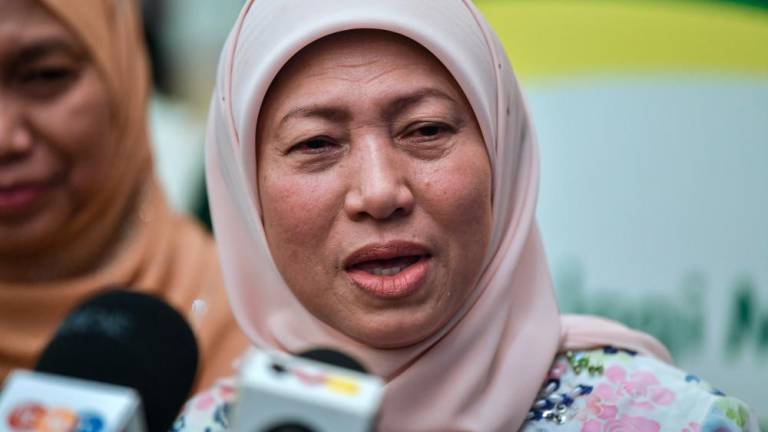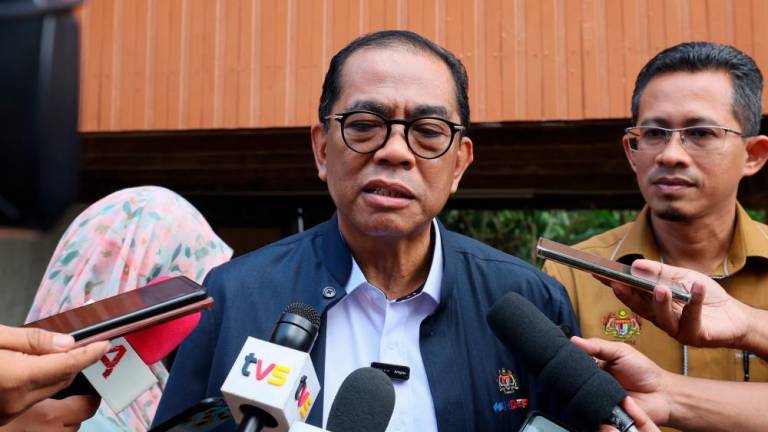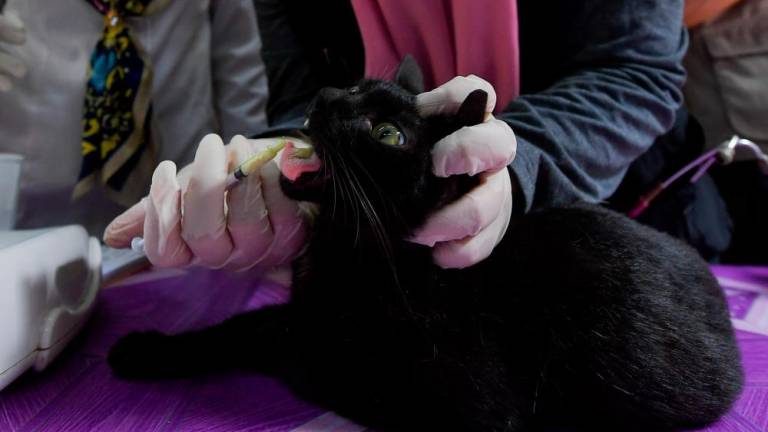PRIME MINISTER Datuk Seri Anwar Ibrahim has reminded the Inland Revenue Board (IRB) to take stern action against all tax evaders, regardless of their social status, and be resolute in its collection efforts to dispel any perception that affluent individuals would not face any consequences for evading tax.
Following this statement, IRB Director General Datuk Abu Tariq reiterated the prime minister’s position that the focus by the IRB would be to address the issue of tax leakages involving individuals with assets and wealth that are not commensurate with tax reporting.
High net worth individuals (HNWI) are certainly on the radar of the IRB. The key question is: Can they explain the sources of their income, and whether the taxes have been accounted for correctly?
Where do HNWI stand?
HNWI must be prepared to explain how the wealth came about (i.e. what or where are the sources that have led to their current wealth position). As far as the law is concerned, if the issue of fraud or negligence does not arise, the tax authorities can only go back five years to collect any additional income tax. However, if there is any fraud or negligence involved, there is no time limitation.
In the current environment, it is absolutely important for the HNWI to prepare a capital statement for at least the past five years to understand their position before the IRB looks into their affairs.
The capital statement is basically the individual’s “balance sheet” which will record the assets and liabilities and will compare the growth or decline in the wealth of the individual on a year-on-year basis. The increase or decrease in the wealth on a year-on-year basis, together with personal expenditure of the individual for each year, should reconcile with the amount of taxable income declared together with income or gains not subjected to tax.
If the HNWI are unable to reconcile the discrepancies, it is advisable for them to volunteer to pay the extra taxes. There is a golden opportunity for HNWI until May 31, 2024 to use the self-voluntary declaration scheme to pay the additional taxes without any penalties.
What will the IRB do?
The starting point will be to request a capital statement if they suspect the HNWI has not declared the right amount of taxes. Suspicions will usually arise when the HNWI has significant assets, or their expenditure patterns are not commensurate to the income declared for tax purposes. Large overseas bank accounts and financial assets overseas can add to the curiosity. Third party information supplied by vendors of luxury items can also initiate such scrutiny.
Don’t forget that HNWI mentioned in the Pandora Papers, Panama Papers and Paradise Papers are certainly on the radar of the IRB because having tax haven companies leads to the usual suspicion that the HNWI want to hide the wealth or income in these locations where there is no or minimum taxes.
The IRB has a sophisticated intelligence group that is constantly scouring information on the internet and other sources of information to locate errant taxpayers. With digital technology and artificial intelligence, it is not difficult to collect information about HNWI.
Will the past be forgotten?
The IRB can go beyond five years in the event they are able to obtain information and good evidence that the HNWI had failed to declare income in their returns. An example would be where the HNWI had been dabbling in shares or property on a frequent basis, or received income which is associated to his business, such income should have been brought to tax. The failure to do so is sufficient for the IRB to raise assessments beyond five years.
HNWI must be prepared to be challenged by the IRB. It is best to avoid such a challenge by voluntarily declaring any shortfalls because defending such challenges are extremely time consuming and could end up being costly to the HNWI.
This article is contributed by Thannees Tax Consulting Services Sdn Bhd managing director SM Thanneermalai (www.thannees.com).



